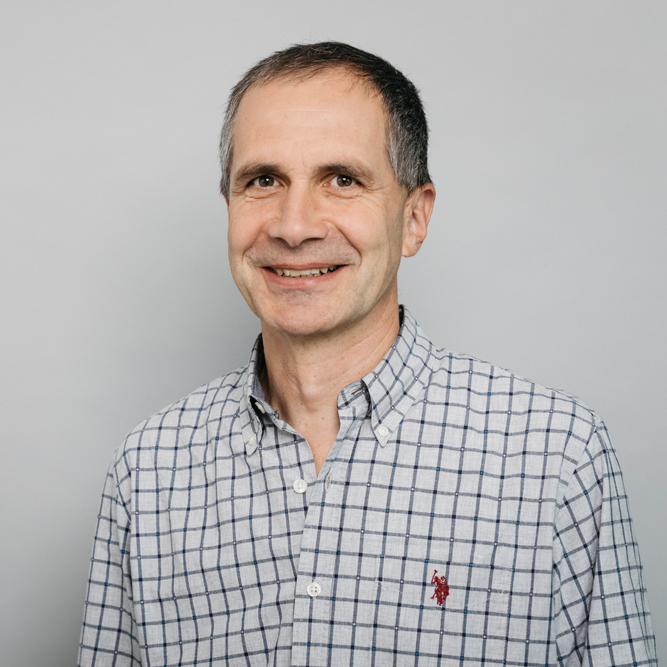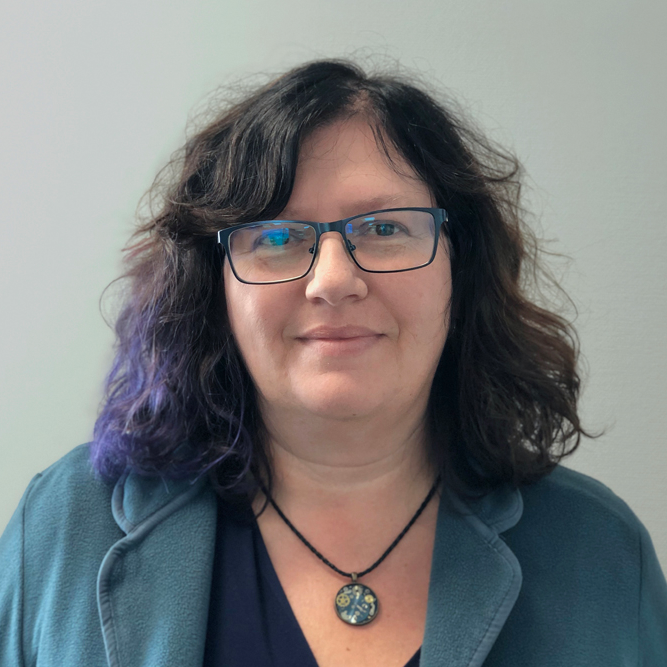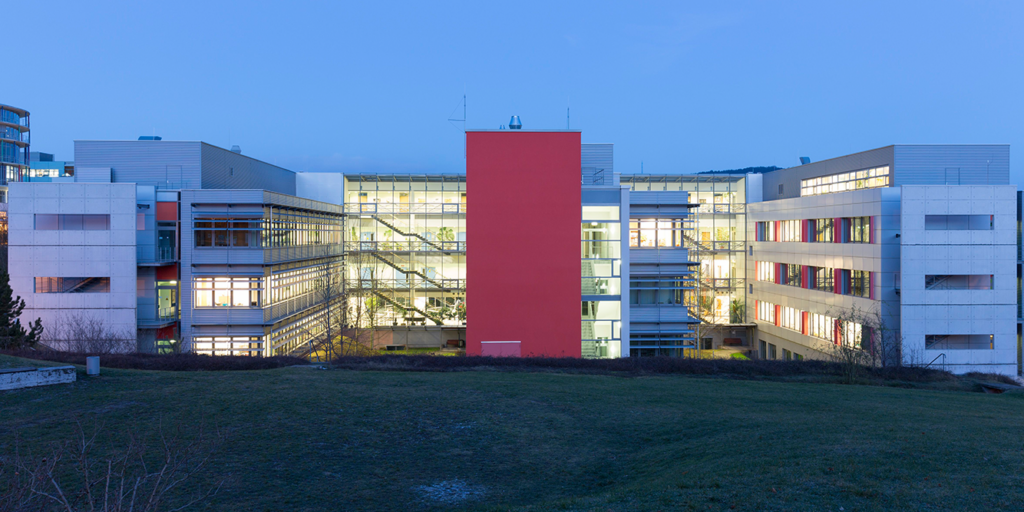Welcome to DNA Plasmonics 2021
Last year, preparations for the conference were in full swing and we were looking forward to seeing old colleagues and making new contacts. But then the pandemic came and, like so many events, we had to cancel our conference on short notice.
We liked the tradition of alternating “DNA Nanotechnology” and “Molecular Plasmonics”. However, we decided to adapt to current circumstances: This year we will have the first conference that mix both fields – welcome to the premiere of DNA Plasmonics 2021 as a virtual meeting! It will be thereby a streamlined schedule, just two sessions and time for social interactions, complemented by a satellite session for the Asia-Pacific participants, aiming at keeping the established contacts and generating new ones.
We hope to meet you at the conference.
Program
The virtual (Zoom) meeting DNA Plasmonics 2021 will start with a social event (get together, May 2nd, 6-8 pm CEST Zoom/WonderMe), a main session (May 3rd, 3-8 pm CEST), and a preceding Asia-Pacific satellite session (May 3rd, 8-10 am CEST).
There will be 20 min regular talks, and „Update Pitch Talks“ (1-2 slides 1-2 min) to shortly present a group including a research highlight. The Zoom/WonderMe links for the meeting will be sent by e-mail to registered participants.
[Please note that all times are given in CEST, which is 6 h after Hong Kong (HKT), and 6 h ahead of New York City (EDT).
Tentative program
May 2nd
6 – 8 pm (CEST)
Get-together
Welcome (Zoom, then transfer to Wonder.Me) (all links after registration by e-mail)
May 3rd
8 am (CEST)
Satellite Pacific-Asia Session
- Wolfgang Fritzsche (Jena) | Welcome
- Din Ping Tsai (Hong Kong) | Meta-optics: Meta-lens for imaging, sensing, and quantum chip
- Paul Mulvaney (Melbourne) | Gold Nanorods – SAXS Studies and Electrophoretic Deposition
- Shuichi Hashimoto (Maebashi, Japan) | Single gold nanoparticle-based platform to induce liquid flow conveying colloids
- Alan Rodriguez-Serrano (Hong-Kong) | Allosteric actuation of modular and programmable nucleic acid circuits for small molecule detection
- Xing Yi Ling (Singapore) | SERS Platforms with Analyte Concentrating Effect for Medical Applications
10:30 am (CEST)
End of the satellite session
3 pm (CEST)
DNA Plasmonics I
- Wolfgang Fritzsche (Jena) | Welcome
- Itamar Willner (Jerusalem) | Dissipative DNA-Based Plasmonic Nanostructures
- Adam Wolley (Brigham Young) | Formation and Electrical Characterization of Gold-Tellurium Junctions on Individual DNA Origami
- Guillermo Acuna (Fribourg) | Determining the in-plane orientation of single dyes in DNA origami
- “Update” Pitch Talks | Wolfgang Fritzsche (Jena), Ilko Bald (Potsdam), Janina Kneipp (Berlin), Barbara Sacca (Essen), Jingjing Ye / Ralf Seidel (Uni Leipzig), David Smith (IZI Leipzig), Andrea Miti / Giampaolo Zuccheri (Bologna), Markus Schmidt (Jena), Adarsh Vasista / Bill Barns, …
Break / Wonder.me socializing
6 pm (CEST)
DNA Plasmonics II
- Danny Porath (Jerusalem) | Surprising Charge Transport in DNA and Properties of Novel DNA-Based Molecules
- Jussi Toppari (Jyväskylä) | Down-and-up: Combining DNA self-assembly with top-down fabrication
- Andrew Pike (Newcastle) | Designer DNA for nanomaterials and sensing applications
- Hao Yan (Arizona State) | DNA-based 3D crystal engineering and construction of exitonic networks
- “Update” Pitch Talks (alternate)
End of the talks / Wonder.me socializing
May 2nd
6 – 8 pm (CEST)
Get-together
Welcome (Zoom, then transfer to Wonder.Me) (all links after registration by e-mail)
May 3rd
8 am (CEST)
Satellite Pacific-Asia Session
- Wolfgang Fritzsche (Jena) | Welcome
- Din Ping Tsai (Hong Kong) | Meta-optics: Meta-lens for imaging, sensing, and quantum chip
- Paul Mulvaney (Melbourne) | Gold Nanorods – SAXS Studies and Electrophoretic Deposition
- Shuichi Hashimoto (Maebashi, Japan) | Single gold nanoparticle-based platform to induce liquid flow conveying colloids
- Alan Rodriguez-Serrano (Hong-Kong) | Allosteric actuation of modular and programmable nucleic acid circuits for small molecule detection
- Xing Yi Ling (Singapore) | SERS Platforms with Analyte Concentrating Effect for Medical Applications
10:30 am (CEST)
End of the satellite session
3 pm (CEST)
DNA Plasmonics I
- Wolfgang Fritzsche (Jena) | Welcome
- Itamar Willner (Jerusalem) | Dissipative DNA-Based Plasmonic Nanostructures
- Adam Wolley (Brigham Young) | Formation and Electrical Characterization of Gold-Tellurium Junctions on Individual DNA Origami
- Guillermo Acuna (Fribourg) | Determining the in-plane orientation of single dyes in DNA origami
- “Update” Pitch Talks | Wolfgang Fritzsche (Jena), Ilko Bald (Potsdam), Janina Kneipp (Berlin), Barbara Sacca (Essen), Jingjing Ye / Ralf Seidel (Uni Leipzig), David Smith (IZI Leipzig), Andrea Miti / Giampaolo Zuccheri (Bologna), Markus Schmidt (Jena), Adarsh Vasista / Bill Barns, …
Break / Wonder.me socializing
6 pm (CEST)
DNA Plasmonics II
- Danny Porath (Jerusalem) | Surprising Charge Transport in DNA and Properties of Novel DNA-Based Molecules
- Jussi Toppari (Jyväskylä) | Down-and-up: Combining DNA self-assembly with top-down fabrication
- Andrew Pike (Newcastle) | Designer DNA for nanomaterials and sensing applications
- Hao Yan (Arizona State) | DNA-based 3D crystal engineering and construction of exitonic networks
- “Update” Pitch Talks (alternate)
End of the talks / Wonder.me socializing
Registration
Organizers
Institute

Wolfgang Fritzsche
Leibniz Institute of Photonic Technology
Head of Department Nanobiophotonics
wolfgang.fritzsche(a)leibniz-ipht.de
Phone: 0049 3641 206 304

Andrea Csaki
Leibniz Institute of Photonic Technology
Head of Work Group
Nanobiophotonics
andrea.csaki(a)leibniz-ipht.de
Phone: 0049 3641 206 316

Leibniz Institute of Photonic Technology
At the Leibniz Institute of Photonic Technology (Leibniz IPHT) in Jena, scientists use light to find solutions to questions and urgent problems in the fields of health, environment, medicine and safety. Under the motto “Photonics for Life”, they research light-based technologies that make our lives safer, healthier and cleaner. Especially in the field of optical health technologies, Leibniz IPHT, in cooperation with partners from research and industry, is specifically promoting translation: the transfer of research results into applicable solutions – from Ideas to Instruments.
Contact
Contact us for anything you want to know! We are happy to answer any question you have as quickly as possible.



